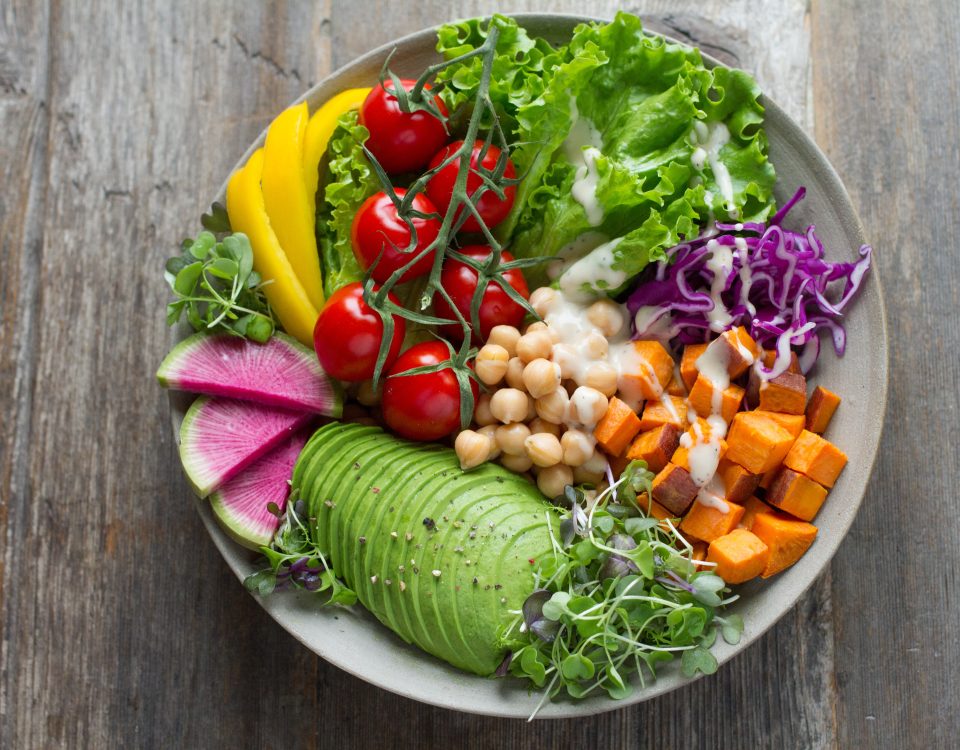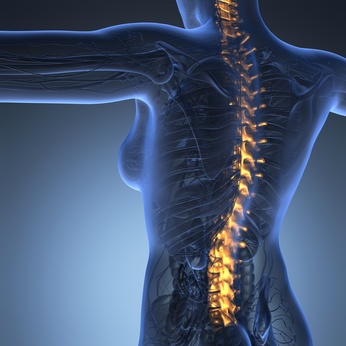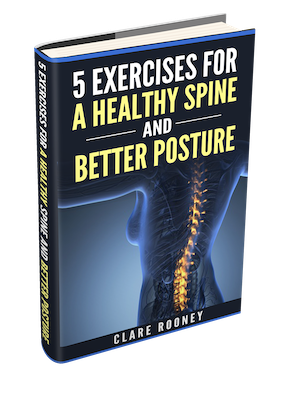The Last Temptation: How to Kill Your Cravings for Good!

The 6 Foundational Pillars of Health
April 23, 2018
The Many Forms and Effects of Postural Dysfunction
February 1, 2019
In today’s blog I am going to talk about cravings and what you can do about them so you can stay on track with your health and wellness goals. Maybe your goal is to lose weight and keep it off or your goal is the have reduced inflammation, less joint and back pain. Cravings can have a negative impact on more than just your waistline!
The dictionary defines a craving as “a powerful desire for something”. This desire can be so powerful that we simply cave in to temptation and usually feel guilt and shame afterwards.
Now if we are craving a good night’s sleep and we went to be early then that’s a powerful intuition. If we are craving more vegetables that craving is also a powerful intuition. For most people however the type of cravings that are deleterious tend to be cravings for highly processed foods, refined sugar laden foods, high fat / carb combo foods like pizza , ice cream , biscuits and cakes and the like and alcohol.
In this blog I am going to explore some of the sources of these cravings and what you can do about them.
1: Habit
The source of many of our cravings is simply habit. We get used to having a biscuit with our mid-morning tea or coffee break. We always go out with our friends for a few drinks after work on Friday and every time we go to the cinema we buy and eat some chocolate treats. We create an association with a particular activity or place or time. Do this often enough and we have a conditioned response like a reflex. This is like a Pavlovian response. These conditioned responses were first studied by Ivan Pavlov. He had a famous experiment where he presented food to a dog while simultaneously ringing a bell. Over time the dogs started to associate the ringing of the bell with food and they would start to salivate (anticipation of coming food) just with the ringing of the bell.
So how do we break these types of habits? Simply by avoiding sweets when you go to the cinema over the passage of time your brain will no longer make an association between the two. Another option is to create a new association e.g. when I have my morning break I now have a piece of fruit instead of the cake or biscuits. Instead of heading to the bar on Friday evening after work why not get a group of your work mates and head to the gym or yoga studio. You will still be able to socialise and bond with your friends and have a new healthy way to unwind.
One of the most powerful ways to change your habits is to change your environment.
“There’s just one way to radically change your behaviour: radically change your environment.”
Dr. B.J. Fogg, Director of Stanford Persuasive Lab
So instead of eating your lunch at the office canteen with deep fried fish and chips and deserts on offer just pack your own healthy lunch and eat it at your desk. Instead of driving home from work past the most delectable bakery in town with your favourite pastries just drive home a different route. Instead of going to the office water cooler to get a drink (which has a snack vending machine right beside it) bring your own bottle of water to keep at your desk.
- Poor Stress Management Skills
This is a biggie and one of the top reasons for comfort eating. Your body is naturally wired to seek pleasure and to avoid pain. Stress is like a pain that the body tries to avoid or reduce. So let’s say you are on the go all day, meeting deadlines, coping with traffic jams and your irritable boss or co-worker. Your body will be producing a lot of stress hormones to cope with each situation. Chronically elevated cortisol and adrenaline are very bad for the body so it will instinctively seek out something to bring those stress hormones down. The body knows instinctively that if it gets a big surge of insulin then that insulin will quell those high stress hormones and make you feel better in the immediate moment ( or very soon after you ingested that chocolate bar or slice of cake). Long term however this leads to fat gain, (especially around the belly) an increased risk of cardiovascular disease, diabetes and all of the many diseases associated with obesity. The body then creates an association with high sugar, quick insulin releasing foods with medicine and so you will crave high calorie, high sugar foods to cope with the stress.
What I say to my clients is that you need to become a parent to your own body. The body is looking to relieve stress right now, it’s not thinking of the long term risk of heart disease while eating that 2nd doughnut! As the parent to your own body you need to teach it new ways of coping with stress like stretching, belly breathing, meditation, nature time, art therapy. There is nothing as quick as a couple of minutes of deep mindful belly breathing to turn a stressful situation around. When you have a daily practice of stress reduction (like the techniques I mentioned) you take out the stress garbage daily. When you let it pile up over weeks, months, years and decades you have a serious back log catalogue! Any tiny trigger can send you running for that biscuit tin! Clear the back catalogue by a daily practice to reduce overall stress and deal with the minor daily triggers with some deep breaths in the moment. Watch your cravings disappear!
3: Poor Blood Sugar regulation
This is another big one that is the cause of a lot of cravings. Adult onset diabetes is like the last stop on a long train ride that starts out with hypoglycaemia or low blood sugar. If you eat a very sugary breakfast or a carb only breakfast your blood sugar can spike dramatically. Your body balances this surge with a flood of insulin. This in turn can cause the blood sugar to drop too low and before you know it your feeling light headed, headachy and craving sugary carby snacks again. Now this is not to say that carbs are bad. We need to use them judiciously. Something as simple as having a decent serving of protein and some fats to your breakfast can make all of the difference. Make sure all of your meals are balanced for protein carbs and fats and you will go a long way to balancing your blood sugar. The less refined those carbs are the better your blood sugar handling will be. The more muscle you build the better your blood sugar regulation will be and the more insulin sensitive you will be.
4: Nutrient Deficiencies
Nutrient deficiencies and addictions or cravings to eat or drink things we know are not so fantastic for our health and physique goals is a fascinating topic and one that most people are unaware of. In 1943 4 Chilean researches conducted a study on rats; these rats were fed a diet deficient in B vitamins. The rats started to develop cravings for alcohol1.
Did these rats need a 12 step program? Probably not. The nutrient deficiency was the cause of the cravings and desire to drink alcohol. These studies have since been replicated in humans2,3. Humans who are deficient in B vitamins crave alcohol.
Kathleen DesMaisons, Ph.D. a pioneer in addictive nutrition has treated alcoholics with high doses of omega 3 fatty acids as part of their recovery.
There may be many other nutrient deficiencies that drive our cravings so the solution is to eat a well-balanced, nutrient dense diet and perhaps considering a supplement of fish oils for omega 3s and a good quality multi vitamin or B complex. You could also consider getting some testing done to find out if you have any specific deficiencies.
5: Neurotransmitter imbalance
The body and brain run on many types of chemical messengers. One class of these chemical messengers are called neurotransmitters. The two of these neurotransmitters that are most often linked to cravings and addictive like eating patterns are Dopamine and Serotonin. If your body is not producing the right balance of these chemicals you can suffer from low motivation and apathy or depression. Seriously restricting your carbohydrate intake can for example lead to low serotonin production and cravings for carbohydrate and sugar rich foods. Turkey, beef, eggs and dairy are some of the best sources of the amino acids tyrosine and phenylalanine which are very important precursors to the production of Dopamine. So if you are on a diet that excludes these foods you may be jeopardising the production of this important neurotransmitter.
When we eat highly processed, highly palatable foods like sweets, crisps, cookies and the like they create temporary massive surges of dopamine and serotonin. Food manufacturers know this. You know this yourself with the “Once you pop, you can’t stop phenomenon”. Our bodies are not designed for massive surges or swings in pretty much anything. The more you train these reward pathways in the brain that lead to the sudden and large production of serotonin and dopamine the more you are going to want to do it. Binge eating can be a result of this.
For many people staying away from these highly refined highly palatable foods for the long term is the only option. Instead build your dopamine and serotonin slowly, steadily and consistently through your nutrition and lifestyle practices. For more on foods that boost dopamine see my book “Cracking the Mind/Body Code”.
To support serotonin production don’t lower your carbohydrate intake too severely ( this is very individual), get out daily for natural sunlight, do things that bring you joy every day even its for just a few minutes, adopt a practice of daily gratitude, get a massage and exercise regularly at the appropriate intensity without burning yourself out.
So there you have it folks. The above list is not absolutely everything that causes cravings but it is a very good start. Implement the strategies suggested and you will find yourself having less cravings and more ability to stick to your nutrition plan.
For more help with your nutrition why not sign up to one of my coaching programs:.
An Introduction to Metabolic Typing
Nutrition and Lifestyle Transformation Course
References:
- Mardones, Onfray, Diaz, and Segovia, Boletin de Education fisica, October 1943, pp. 10, 38, 39, 62-66. Ref. Der Wendepunkt, heft 5, 1957, p. 168.
- Delore and Berry, La Presse Medicals, Nov. 11, 1955, p. 1951.
- R. J. Williams, et.al., “Individual metabolic patterns, alcoholism genetotrophic disease, Proceedings of the National Academy of Sciences of the United States of America, vol. 35, pp. 265-271. R. I. Williams, Nutrition and Alcoholism. University of Oklahoma Press, 1951, p. 45. See also ALERT, Journal of Better Living, vol. 2, No. 3, July-September 1957, p. 18.





